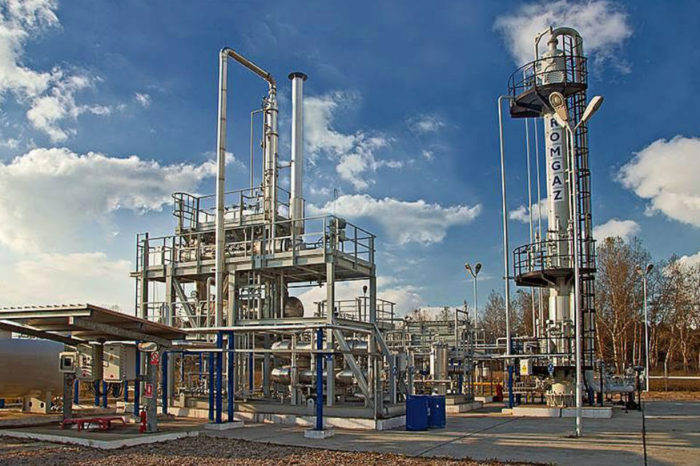PwC: The world needs to cut carbon intensity five times faster to hit the 1.5°C Paris Agreement target

Achieving the Paris Agreement goal of limiting warming to 1.5°C will now require a rate of global decarbonisation of 11,7% every year, five times faster than in 2019, according to PwC Net Zero Economy Index.
”Carbon emissions fell by 25% in some countries in the first half of the year, as a result of the reduction in economic activity, especially in transportation. The data is showing a fast rebound in emissions as economies and societies begin to open up and 2020 is still set to be another record-breaking year for global temperature increases. At the same time, the emergence of the COVID crisis has put on the second plan the concern for climate change, but achieving the emissions reductions required to limit global warming will remain on the governments agenda, companies and polluting sectors having more need to reset and invest for the long-term”, said Dinu Bumbăcea, Partner and Advisory Leader.
For the last ten years, PwC Index has modelled economic growth and energy-related CO2 emissions data, against the rates required to achieve the aims of the Paris Agreement. It tracks how economies are progressing in breaking the link between economic growth and increases in energy-related carbon emissions.
Emissions and energy consumption
Going into 2020, across the world, fossil fuels continued to dominate, with 57% of the increase in energy consumption met by natural gas and oil alone. Energy-related CO2 emissions were up 0.5%, as global energy consumption increased by 1.3%.
2019 saw a decline in coal consumption for the first time since 2016 (0.6% decline). There were steady increases in the consumption of oil (0.8% growth) and natural gas (2.0% growth). On renewables, despite record growth rates in wind (12.1%) and solar (23.8%), overall they accounted for just 11% of global energy consumption.
Other conclusions of the report
- The Net Zero Economy Index 2020 is based on data up to the end of 2019. Countries in full lockdown experienced on average a 25% decline in weekly energy demand, and it is expected that global emissions will fall by around 7% in 2020 as a result. However, emissions are already rebounding relatively quickly.
- COVID-19 pandemic needs to be an inflection point that provides the opportunity for businesses and governments to reset and invest for the long-term. The 2020s are the pivotal decade for climate action.
- Many of the technologies and solutions critical to enable net zero transformation across industries are already available at scale (e.g. electric vehicles, solar PV, offshore wind, smart energy grids and connected homes).
- Key technological challenge areas include next generation energy generation and storage, green hydrogen, innovations to decarbonise industrial materials including
steel, cement, and plastics, material efficiency and circularity, and sustainable aviation fuels, and carbon capture and removal technologies.
- Powerful emerging technologies – like Artificial Intelligence (AI), cloud, blockchain, advanced sensors, and synthetic biology and chemistry – are not only enabling solutions to be optimised and scaled but are offering entirely new business models.
- For the second year in a row, Germany recorded the highest decarbonisation rate of the G20, of 6.6%.












